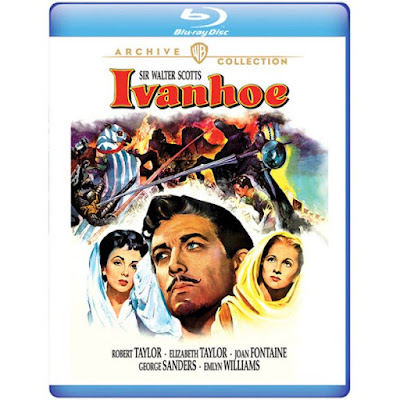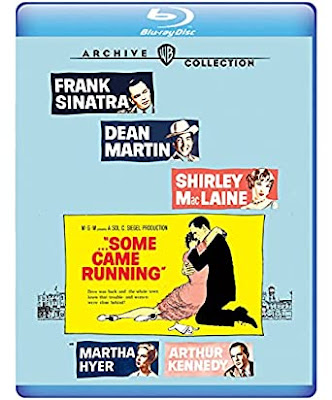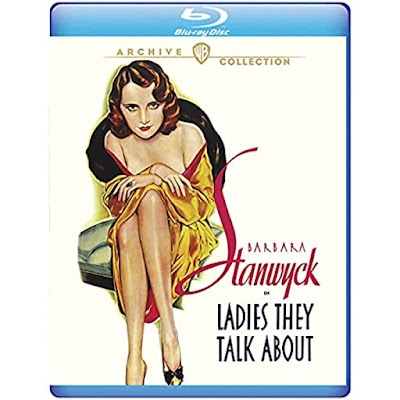I’ve always felt like Elizabeth Taylor doesn’t get enough credit. Attention and admiration yes, but not enough praise for the variety she managed in her career. She was unique in the way she triumphed as a child actress and then moved through her teenage years gracefully before progressing to a higher level of acting and winning the greatest praise her industry had to offer. I thought about this as I watched a pair of new Warner Archive Blu-rays featuring the star in two early films: National Velvet (1944) and Ivanhoe (1952).
Taylor showed the special passion for life that would fuel her many triumphs in her breakout performance as the horse-obsessed Velvet Brown in National Velvet. She glows with enthusiasm, entirely unable to show any teenage gawkiness despite the metal brace plate she keeps clicking in and out of her mouth.
As a young rider who masquerades as a boy to compete in the Grand National Steeplechase, she emulates the strength of her mother (Anne Revere), a former champion swimmer who has a glint in her eye that implies a past of wild times behind her calm, maternal façade.
As drifter and former jockey Mi, Mickey Rooney guides Velvet to the top, showing her the ropes when his initial impulse to take the race entry money and bolt is trumped by her infectious enthusiasm. This was the first time I tapped into Rooney’s talent. I never understood why he was so beloved until I saw him here, working in a lower-key register, revealing depths that could never come out in a musical.
The rest of the cast is full of actors that always bring a smile; they’re like visual comfort food. There’s a young and pretty Angela Lansbury as Velvet’s sister and the always reliable Donald Crisp as the Brown patriarch. Freckle-faced, gap-toothed, sleepy-eyed Jackie “Butch” Jenkins is also there as Velvet’s brother, stealing scenes as he always does.
I always find the middle part of the film drags, but the final race scene offers enough excitement to make up for the slack. Overall it’s a great tribute to the worth of taking risks simply because it makes you feel more alive.
The sole special feature on the disc is a theatrical trailer.
While I am not generally a fan of period pictures like Ivanhoe, I find this production objectively pleasing. It is filmed in bold, beautiful color, the stars, costumes, and sets are attractive, and there are some decent action scenes.
In the title role Robert Taylor is pretty, but bland. In one of his standard villain roles George Sanders is more exciting, though it’s creepy to see him put the moves on a young Elizabeth Taylor as a Jew who loves and strives to protect Ivanhoe. Her romantic rival is Joan Fontaine, who has almost nothing to do but look lovely.
Taylor’s role is not much more substantial. While this is a movie of men, she can’t help but have a little steel behind her words, though she has clearly been directed to look passive and pretty. After the fire of youth roles like National Velvet, it’s hard to see her playing such a bland character, but she already had A Place in the Sun (1951) under her belt and more engrossing films were yet to come.
The jousting scenes in the final portion of the film are the most rousing part of the action, with more thrills than any of Ivanhoe’s romantic life.
Special features on the disc include the Tom and Jerry cartoon The Two Mouseketeers and a theatrical trailer.
Many thanks to Warner Archive for providing a copy of the film for review.







